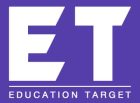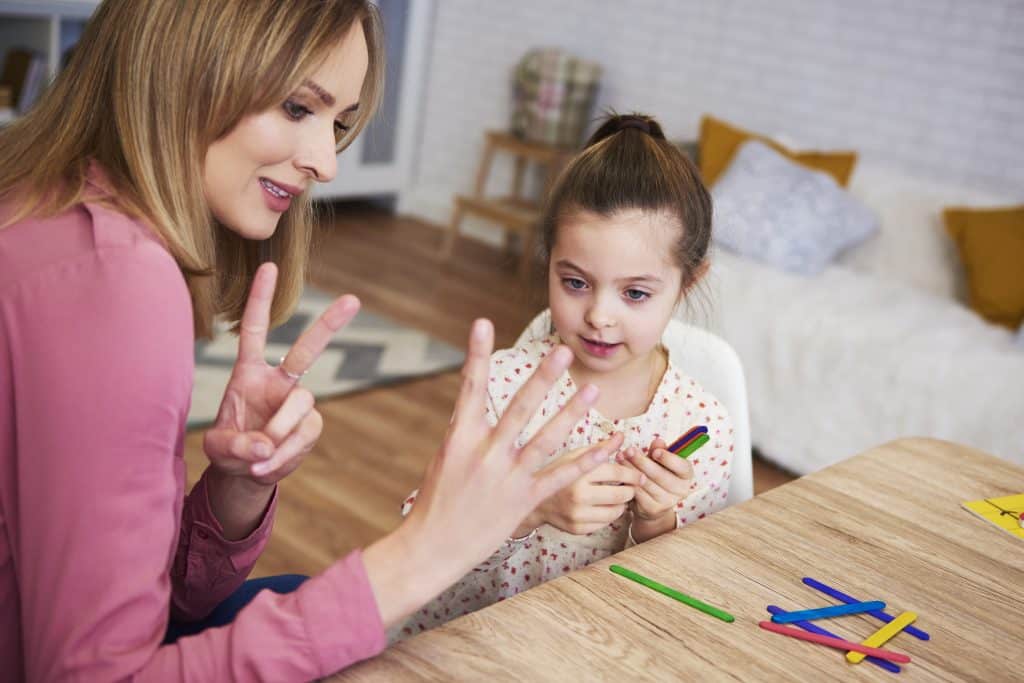We all know about the importance of attention in our everyday lives. An individual with good attention skills can focus on one task at a time and switch between tasks when needed. They can also filter out irrelevant information and ignore distractions. Having good attention skills also means being aware of what’s happening around you—both visible and hidden dangers—and keeping track of your belongings, so that they don’t go missing. If you have young children at home, you might be wondering how you can help them develop their attention skills as early as possible. In this article, we will talk about the importance of attention in a child’s life and provide some tips on how to encourage your young ones to develop their attention skills from a very young age.
What is attention?
Attention is the ability to concentrate on one thing during a given period of time. It helps us ignore distractions and focus on what needs to be done. Having good attention skills means you can:
– Stay focused on tasks. You don’t get distracted or lose your train of thought.
– Filter out irrelevant or unnecessary information. You don’t get sidetracked by what’s happening around you.
– Switch between tasks when needed. You can stay on top of several tasks at once.
– Ignore distractions when necessary. You can tune out things that aren’t relevant, like background noise.
– Be aware of what’s happening around you. You notice what you need to notice to stay safe. – Keep track of your belongings. You don’t misplace your stuff.
Why is Attention So Important?
If you are a parent, you have probably noticed that your child has a short attention span, which makes it difficult for them to concentrate on tasks for any significant length of time. This is completely normal, because growing children have shorter attention spans than adults. As children grow, their attention spans increase. The good news is that you can help your child improve their attention skills as early as pre-school age. By encouraging your child to develop their attention skills early on, you are setting them up for success in the long run. Having good attention skills is important because they allow your child to:
– Be self-reliant. Having good attention skills allows your child to complete tasks on their own. – Be more successful in school. Children with strong attention skills are more likely to excel academically.
– Be attentive. Children who have strong attention skills are more likely to be aware of their surroundings and other people’s needs.
– Be mindful. Children with strong attention skills are less impulsive and are able to think before they act.
– Be successful in all aspects of life, including work, relationships, sports, and hobbies.
Tips for Encouraging Young Children to Develop Attention Skills
There are a few simple ways you can encourage your child to develop strong attention skills from a young age. Make sure that you are providing your child with plenty of opportunities to engage in different types of activities. The more activities your child participates in, the more attention skills they will develop. Here are some tips to help you encourage your child to develop their attention skills:
– Make sure your child is getting enough sleep. Children need at least 10 hours of sleep each night to function properly.
– Create a safe and stimulating environment. Make sure your child’s environment is clean, safe, and pleasantly decorated.
– Feed your child healthy food. Eating nutritious and healthy food is essential if you want your child to grow and develop properly.
– Create a consistent daily routine. Consistent routines can help your child develop a sense of predictability and security.
– Spend time with your child. Spending quality time with your child can help them feel loved and important.
Games and activities for Developing Attention Skills in Young Children
– Find the Hidden Treasure – While playing this game, one person closes their eyes while the other person places items that make noise or have a distinct smell nearby. The person with their eyes closed has to search for these items by listening and smelling. This game develops listening and smelling skills, which are important parts of attention. When playing this game with your child, make sure they are positioned in a location that is safe and free of potential hazards.
– Name the Sound – This game is played similarly to the one above, but instead of placing items around the room, you make sounds that your child has to identify. This game is great because it is pretty much free and can be played anywhere.
– Go on a walk outside – Walking outside is a great way to encourage your child’s attention skills because it requires them to focus on their surroundings. This can be especially helpful for younger children who might not understand why it is important to pay attention to their surroundings.
– Create a sensory bottle – Sensory bottles are filled with items that make noise when they are moved or shaken. They are great for developing attention skills because they force children to pay attention to the bottles. You can make a sensory bottle at home by filling a bottle with rice, sand, pebbles, and small toys or items such as buttons that make noise when they are moved or shaken.
– Have your child help around the house – Engaging your child in simple household tasks is a great way to help them develop their attention skills. Household tasks usually require children to pay attention to specific details.
Conclusion
Attention is one of the most important skills we can have in our daily lives. Having good attention skills means you can stay focused on one task at a time, filter out distractions, and switch between tasks when needed. It also means you are aware of what’s happening around you and can ignore irrelevant information. If you want your child to grow up to be successful in all aspects of life, it is important to encourage them to develop their attention skills as early as possible. By providing your child with plenty of opportunities to engage in different types of activities, you can help them develop strong attention skills from a young age.



